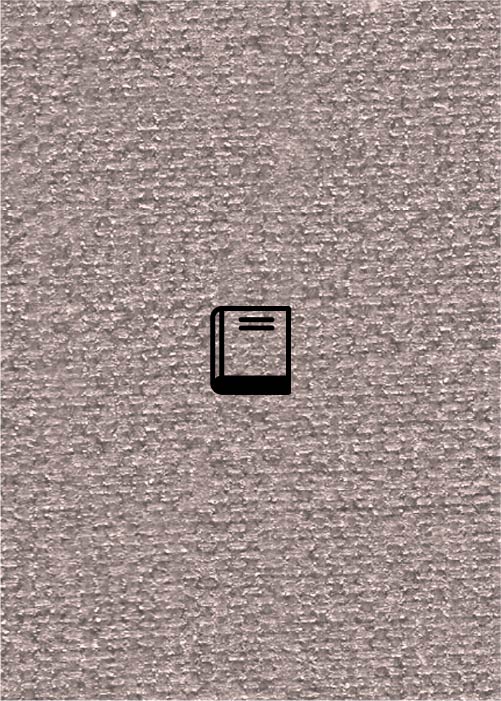Hirsch Glik was born in 1920 to a working class family in Vilna. Glik began writing poetry at the age of 13, and was involved throughout his adolescent years in literary circles such as Yung Vilne (Young Vilna) and its offshoot, Yungvald (Young Forest).
In September of 1941, Glik was sent to the first of two ghettos established in the city. One of the most significant political forces in the Vilna ghetto was the underground Fareynigte Partizaner Organizatsye, of which Glik was a member. The FPO was established in 1942 to organize armed resistance in the forests surrounding Vilna. However, the members of the FPO were also heavily involved in the cultural life of the Vilna ghetto. Many partisan writers, such as Glik, saw song writting as an effective way of promoting their cause, encouraging resistance, and creating a feeling of communal strength.
Among many other songs glorifying the bravery of the partisans, Glik composed the popular song ‘Zog nit keynol as du geyst dem letstn veg’ (Never say that you are walking the final road), which became the official hymn of the FPO shortly after it was written in 1943. There were two important events that likely influenced the writing of this song; first, a battle between a group of Jewish partisans and SS officers in the forests near Vilna in 1943 and second, news of the Warsaw ghetto uprising. The song was based on a popular Soviet melody by composer Dimitri Pokrass. This song’s popularity extended far beyond the confines of the Vilna ghetto; Glik’s song found its way to concentration camps throughout Nazi-occupied Europe. We know from survivor accounts that ‘Zog nit keynol as du geyst dem letstn veg’ was also translated into several European languages.
Another of Glik’s popular songs was ‘Shtil, di nakht iz oysgeshternt’ (Quiet, the night is full of stars), which retells the successful diversion staged by partisans Itzik Matskevitch and Vitke Kempner in 1942. In September of 1943, Glik was deported to the first of several Estonian concentration camps. Throughout his internment, Glik continued writing poems. In 1944, as Russian forces were closing in, he escaped from the camp to join the partisans, but disappeared, and was presumed dead.




